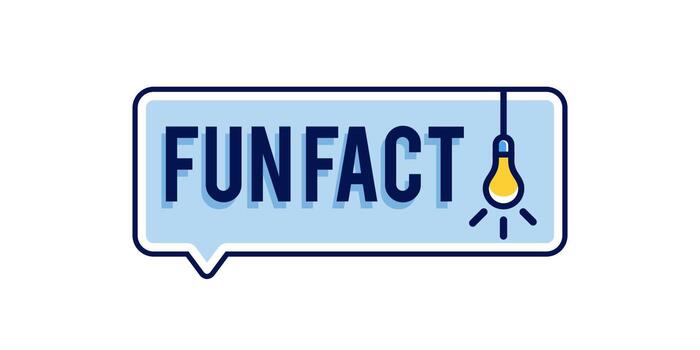When I was 22 years old, I was dating a girl named Christine. She and I worked at McDonald’s restaurants on opposite sides of Brockton, Massachusetts.
Christine was a college student working nights to earn extra money.
I was working at South Shore Bank during the day and managing the restaurant at night while awaiting trial for a crime I did not commit. I had a $25,000 legal bill to pay – which may as well have been $25 million to a 22 year old in 1993 who had recently been homeless and was entirely on his own – so I was working two full time jobs, trying desperately to pay off my debt before the trial.
Because I worked more than 80 hours a week, Christine and I had to find time to be together wherever we could. Weekends, of course, but we would also often meet around midnight at one of Brockton’s half dozen firehouses after our shifts at McDonald’s had finished. We’d park across the street and sit inside my car, talking and waiting.
Then it would happen. The alarm at the firehouse would sound, and in record time, the garage doors would rise and firetrucks would exit the station, lights flashing and sirens blaring, heading off to an emergency.
Christine and I would follow.
Many times the emergency was a medical in nature. Sometimes there was no telling why the fire department had been called. Maybe a carbon monoxide scare or a gas leak. But occasionally – more of than you might think – we’d arrive at a home or business on fire.
On those nights, we’d sit on the hood of my car and watch the firefighters battle the blaze. Most were small, smoky affairs, but a couple were roaring blazes.
Looking back on it today, our decision to use the fire department and the misfortune of others to entertain ourselves seems callous and insensitive, but back then, when we were younger and stupider, those thoughts never even entered our minds.
Instead, we saw these moments as exciting opportunities to watch firefighters at work. For two young people trapped in a seemingly endless grind, trying to squeeze out a few precious minutes together, the novelty and excitement of watching professionals do their job in a high stakes scenario was like to going to the movies.
Only better.
It was like reality TV at a time when the first reality TV shows were just starting to appear on television.
Not that I knew any of this. I didn’t owned a television at the time.
After Christine and I broke up, we remained friends for quite a while. Years later, during one of our final conversations before drifting apart, Christine mentioned those nights we spent following fire trucks and watching firefighters work. She was single at the time and worried that no date would ever compare to sitting under the stars on the hood of my car, drinking soda, eating chicken nuggets and Pop Tarts, and talking about life as we watched firefighters pour water on a burning building.
Looking back, she, too, knew how insensitive it was to turn one person’s misfortune into entertainment. “But it was different,” she said. “The kind of thing you never forget.”
I’ve always remembered those words because she’s right. Instead of going to dinner or a movie, Christine and I were doing something that no one else was doing, and it felt great.
It’s why I used to take girls on first dates to the grocery store. Dinner and a movie was easy. It was expected. Wandering the aisles at Stop & Shop, filling a grocery cart with food while making a girl laugh, was both hard and unexpected.
More importantly, it was unforgettable.
We should try to do the kinds of things that we will never forget. Perhaps not as insensitive and stupid as following firetrucks to burning buildings, but something novel and distinct. Something memorable.
Thoreau wrote that “Most men lead lives of quiet desperation.” Sadly, he’s right. One way to avoid quiet desperation is to do something you’ve never done before. Even better, do something no one has ever done before.
Do the kind of thing that you’ll never forget.
Honestly, it’s not that hard. Just look around. See what everyone is doing, and do something else.
In order for something to be different, it only needs to be different.






